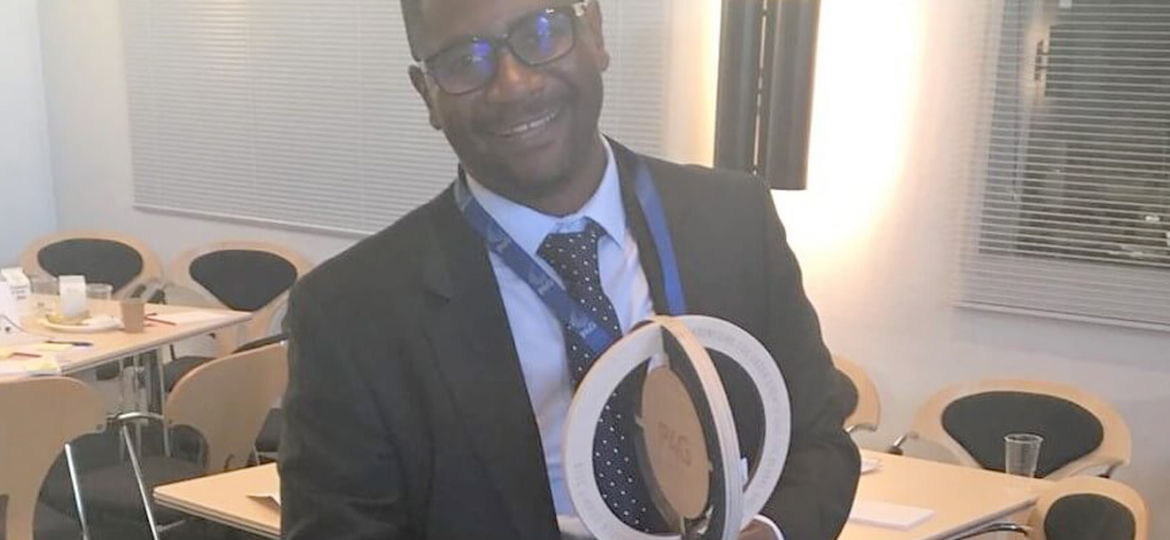
The pioneering public-private-civil society partnership recognized for accelerating action on securing a sustainable future.
outh Africa’s Strategic Water Partners Network (SWPN) was awarded the 2018 State-of-the-Art Partnership of the Year Award in the clean water category at the Partnership for Growth (P4G) Summit in Copenhagen on 19-20 October 2018. The SWPN was included as one of a global showcase of innovative private-public partnerships that have made a significant impact in driving sustainable development and climate action.
As part of P4Gs commitment to accelerating the achievement of the SDG’s through partnership, 15 public-private partnerships were invited to present during the Summit. They were chosen by a team of global experts and international organizations working with Danish government ministries and were selected based on their performance in four main categories: innovation, impact, potential to scale and implementation viability.
As one of three partnerships invited to compete in the clean water category, the SWPN, represented by Nick Tandi, Africa Regional Program Coordinator with the 2030 Water Resources Group – one of the founding partners of the SWPN – spelled out how the pioneering multi-stakeholder platform launched in 2011 has made progress in developing joint solutions to some of the country’s most pressing and intractable water challenges.
South Africa faces a 17% gap between water supply and demand by 2030 if the country maintains a business-as-usual approach to water resource management
“Many of you know Cape Town as the city that nearly ran out of water” opened Mr. Tandi in his presentation to over 500 delegates from around the world, “but the challenge is actually much broader than that.” South Africa faces a 17% gap between water supply and demand by 2030 if the country maintains a business-as-usual approach to water resource management. Overlaying climate change, the challenge could be worse, severely constraining economic growth and expansion of water and sanitation services, especially for the poor. To address these challenges, the SWPN brings together government, major water users from the private sector, and civil society to identify and develop joint solutions in three critical areas of water conservation and reclamation, namely: effluent and waste water management; agricultural supply chain; and municipal water efficiency and leakage reduction.
The SWPN has garnered wide support in South Africa, and the country’s own National Water Resource Strategy formally identifies the SWPN as the key facilitation platform for water management partnerships between the Department of Water and Sanitation, the private sector, civil society, and other key stakeholders.
“Such partnerships are excellent models of collaborative engagement to achieve a more sustainable future,” said P4G Global Director Ian de Cruz in a statement. “The value of these state-of-the-art partnerships is not only the outcomes they are pursing and achieving; but also, the paths they have forged to demonstrate the great potential of public-private partnerships for green growth.”
The inaugural summit was attended by governments, global companies, entrepreneurs, academics, and civil society organisations from 53 countries and marked an important first step in working to build and scale public-private partnerships and showcase what strong partnerships can achieve.
The next P4G Summit will be held in 2020.

